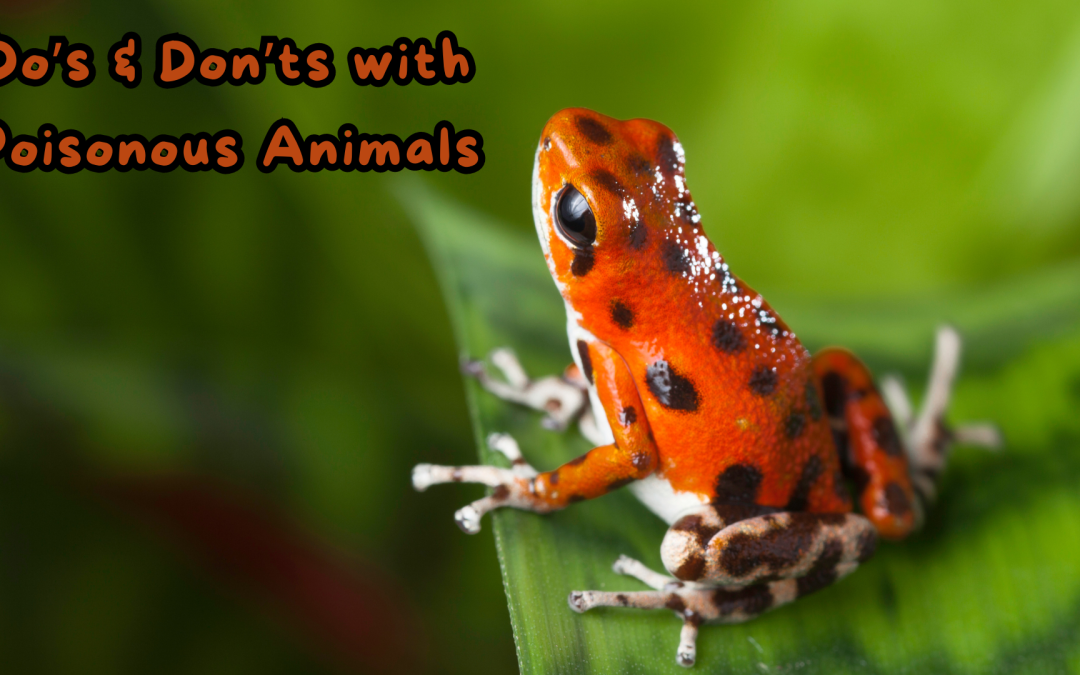Your children at any age can encounter a creature that may be harmful to them if they interact with it, but are your children aware? It is always ideal to remind your children throughout the years about certain poisonous or harmful animals, and how best to avoid any negative interactions with them. Even if the animal is not necessarily poisonous, there are some animals that should be avoided too.
Don’t Engage
Although some creatures are not poisonous, they are still animals that you want your children to keep a distance from, and that definitely includes skunks. Whether you have seen them in your neighborhood or not, make sure your young child at least sees pictures of skunks from various angles. This can help ensure that they recognize the skunk for who he is, and not as a small cat or other creature. Make sure you explain that a skunk is not a mean animal, but that they can get scared if approached by people and can spray. Their spray is super potent and powerful, and should be avoided as much as possible.
The same can be said for most mother animals too. A mother animal, whether prey or predator, will want to protect their baby at any cost. If they see a person approaching, they may react negatively or aggressively to try and deter you from getting close. This could be anything from chasing, making noises, snapping their jaws, and more. Most prey animals will simply run away, but if cornered or caught by surprise, some animals may react quickly, and without much forethought. Depending on where you live, animals like deer, bears, badgers, raccoons, elk, and the rare mountain lion may try to scare and intimidate you to leave them alone. Make sure your child knows what they look like and how to walk quietly if need be.
Do Be on the Lookout
For poisonous animals, they usually do not want to engage as well, but may be caught off guard. Make sure your children are looking down occasionally while walking to keep an eye out for any rattlesnakes. Most adult rattlesnakes know not to bite and use poison as a person is too big of a prey animal for them. But baby snakes do not know how to regulate their poison, and may be more likely to use it if they bite. Train your kids to look out for certain species of spiders too, as some are more poisonous than others.
Tread Carefully
Remember too that most animals are not vicious. Most are busy living their lives and are simply scared or feeling in danger if a human crosses their path. Remind your child that it is always better to turn around and leave as slowly and quietly as possible.
Katie Kyzivat

